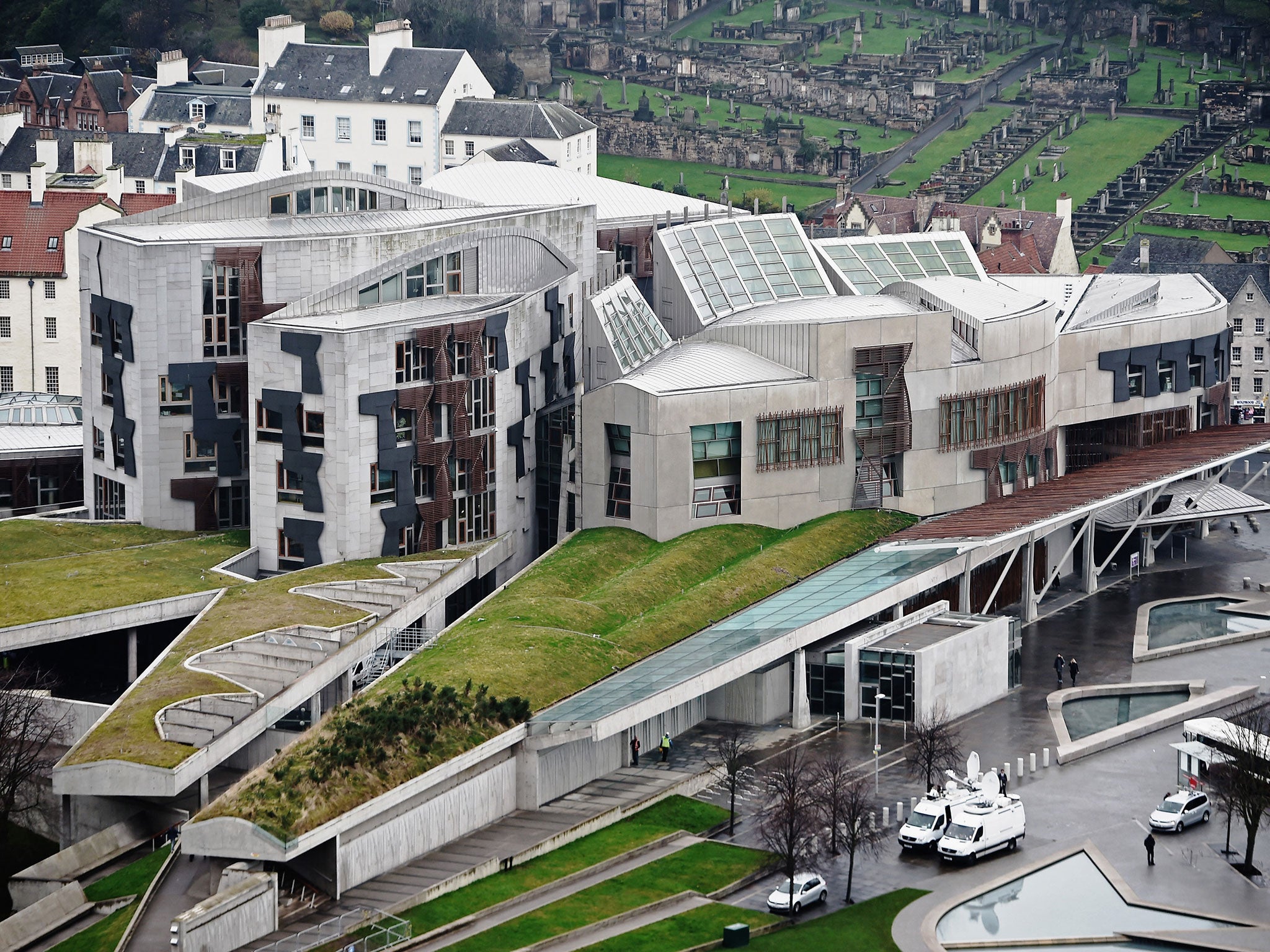Scotland should have its own 30% income tax band, experts say
New report says band would help 'squeezed middle' by ensuring aspirational families avoid higher rate

Your support helps us to tell the story
From reproductive rights to climate change to Big Tech, The Independent is on the ground when the story is developing. Whether it's investigating the financials of Elon Musk's pro-Trump PAC or producing our latest documentary, 'The A Word', which shines a light on the American women fighting for reproductive rights, we know how important it is to parse out the facts from the messaging.
At such a critical moment in US history, we need reporters on the ground. Your donation allows us to keep sending journalists to speak to both sides of the story.
The Independent is trusted by Americans across the entire political spectrum. And unlike many other quality news outlets, we choose not to lock Americans out of our reporting and analysis with paywalls. We believe quality journalism should be available to everyone, paid for by those who can afford it.
Your support makes all the difference.A new income tax band should be created in Scotland to ease the pressure on middle-earners when new powers are devolved from Westminster to Holyrood next year, a group of experts has suggested.
A tax band of 30 per cent would help the “squeezed middle” by ensuring that aspirational families were not dragged into the higher rate, the Commission for Competitive and Fair Taxation in Scotland said in a new report published.
The group, which was set up by the Scottish Conservatives, also recommended that no changes should be made to the 45 per cent top rate of tax for fear of driving away “wealth creators” – and said taxes in Scotland should be lower than the rest of the UK “when affordable”.
The commission’s chair Iain McMillan, a former CBI Scotland director, said the proposal for a new tax band between the basic rate of 20 per cent and the higher rate of 40 per cent was designed to help the “squeezed middle”.
“The middle earners, there’s no doubt about it, their tax burden in recent times has not been improved,” he said. “If it was implemented right now it would probably raise less tax, but over time, one would hope that the attractiveness of the tax rate and the incentive to work and earn more would actually result in more tax yield over time.”
The Scottish Parliament will be responsible for setting rates and bands of income tax from April 2017. The report also called for council tax to be replaced with a “more local, fairer and progressive” property tax, as well as a freeze in business rates throughout the next Scottish Parliament and the replacement of Air Passenger Duty with a new Departure Tax, which would be linked to distance of travel.
Scottish Tory leader Ruth Davidson said her party would examine the proposals “closely” before announcing its manifesto ahead of May’s Holyrood election. “We need to show that Scotland is open for business, so I and my team will do everything we can to ensure that the SNP does not use the new tax powers to take more money from the pay packets of hardworking Scots,” she added.
Holyrood’s other parties said the Tories were only concerned with helping the rich. Scottish Labour, which has committed to raising the top rate of tax from 45 per cent to 50 per cent to tackle educational inequality, said the proposals appeared to be “straight out of the 1980s”, while Scottish Liberal Democrat leader Willie Rennie added: “The Tories haven’t really changed. They still favour tax cuts for the better off, no matter what the consequences.”
Join our commenting forum
Join thought-provoking conversations, follow other Independent readers and see their replies
Comments